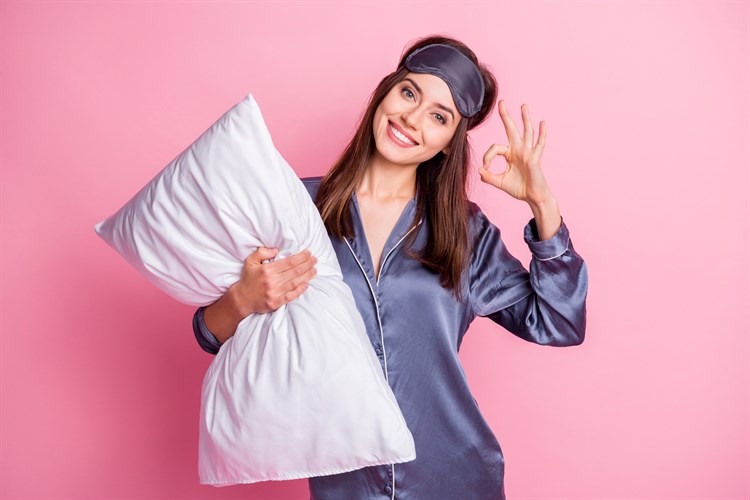Preparing For Your Sleep Study – What To Expect

What is a Sleep Study?
A sleep study is a test that uses electrodes to track certain sleep-related body behaviors. Such tests typically take place in dedicated medical sleep centers. Measures recorded during a sleep study include…
- blood oxygen level
- heart rate
- breathing patterns
- brain activity
- eye movements
- leg movements
The sleep study findings provide medical professionals with the information they need to diagnose and manage sleep disorders – like obstructive sleep apnea, central sleep apnea, insomnia, and more!
READ MORE: What Are The Different Types of Sleep Apnea Testing?
How to Prepare For a Sleep Study
Just received an order for a sleep study to test for a sleep disorder? Wondering what to expect?
Before your sleep study
Certain medications can have a noticeable effect on sleep study measurements. It is CRITICAL that you discuss your current medication list with the healthcare provider who ordered the sleep study well before your scheduled sleep study.
Your doctor may suggest changing or temporarily discontinuing your medication (or temporarily switching to an alternative medication) in the weeks leading up to your sleep study.
It’s also important that you schedule your sleep study as close to your usual bedtime as possible. This will help you fall asleep easier when the big day comes.
The day of your sleep study
Certain substances and activities can significantly impact the results of your sleep study. On the day of your sleep study, make sure you…
- Keep to your routine – In order for a sleep study to work, you need to be able to sleep! The key? Maintaining your regular daily routine as much as possible.
- Avoid napping – You will want to be ready to hit the hay come nighttime!
- Avoid caffeine or other energy-boosters – To make sure you are not wide awake when it’s time for you to sleep, it’s best to avoid energy-enhancing substances like caffeine and taking part in any energy-boosting activities (like exercise) too close to the time of your sleep study.
- Avoid alcohol or other sedatives – Caffeine is NOT the only substance that can alter sleep patterns. Sedatives – like alcoholic beverages and certain medications – can make you extra drowsy and throw off your sleep cycle. Only take a sedative if specifically prescribed by your doctor for the sleep study.
- Avoid using any hair sprays, oils, or gels – The chemicals can interfere with the electrodes medical professionals use to take measurements.
What to bring?
You are going to want to make your sleep study environment as comfortable as possible. Fill an overnight bag with all the items you need for your regular bedtime routine, including…
- Two-piece pajamas or clothes you feel comfortable sleeping in
- Toothbrush and toothpaste
- Makeup remover
- Your own personal pillow and blanket
- Any medications you need (and have already discussed with your doctor)
- Reading material (like a book or magazine)
- A snack and water bottle
- A change of clothes for the next morning
You will also need to bring a few logistical items to your sleep study appointment…
- Health insurance card
- Driver’s license or ID
- Co-pay or deductible payment
- Any pre-study paperwork
When you arrive at the sleep center, you may be asked to fill out a questionnaire about your sleep habits before getting settled in for the night.
HME Locations - Home Medical Equipment Locator
Need to find a sleep study location near you? Use our sleep center locator tool to find a sleep center area
.
RELATED:
- What Are The Different Types of Sleep Apnea Testing?
- Diagnosed With Sleep Apnea? What’s Next?
- How to Combat CPAP Side Effects
- Philips Respironics Sleep Mask Magnet Recall: What You Need To Know
